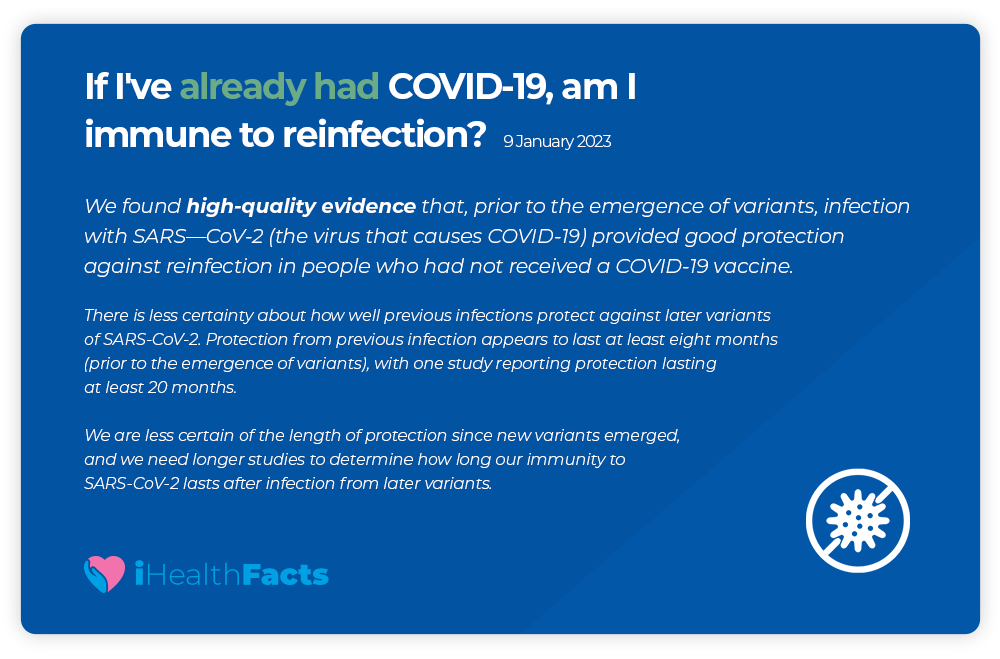- Lead Researcher: Dr. Paula Byrne, Senior Post-doctoral Researcher, Evidence Synthesis Ireland & HRB-Trials Methodology Research Network, College of Medicine, Nursing and Health Sciences, University of Galway
- Reviewed by: Prof Declan Devane, Professor of Health Research Methodology, Deputy Dean, College of Medicine, Nursing and Health Sciences, University of Galway,
- Scientific Director, HRB-Trials Methodology Research Network Director, Evidence Synthesis Ireland. Director, Cochrane Ireland
- Topic advisor: Dr. Frank Moriarty, Senior Lecturer in Pharmacy at the School of Pharmacy and Biomolecular Sciences, Royal College of Surgeons in Ireland and visiting research fellow at The Irish Longitudinal Study on Ageing (TILDA).
- Public and Patient advisor: Anne Daly, Public and Patient Involvement in Research (PPI) advisor, PPI Ignite, University of Galway.
- Journalist Advisor: Dr. Claire O’Connell, PhD in cell biology, Masters in Science Communication. Contributor to The Irish Times, writing about health, science and innovation.
Conflict of Interest Statement: The authors have no financial conflicts of interest for this health claim summary. Paula Byrne previously was co-reviewer on several review and updates of immunity to SARS-CoV-2 for the Health Information and Quality Authority and is co-author on three published papers on related topics.
